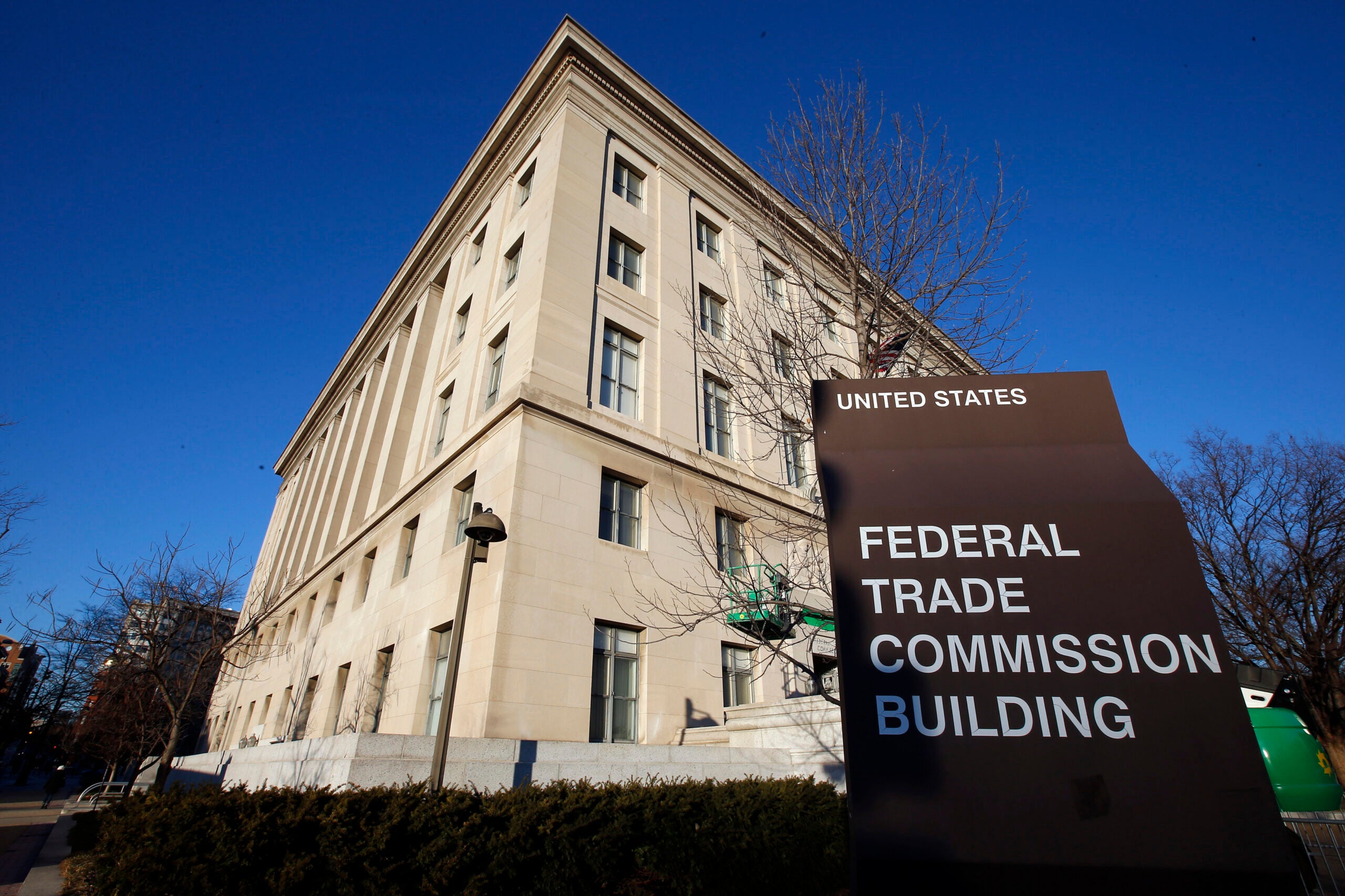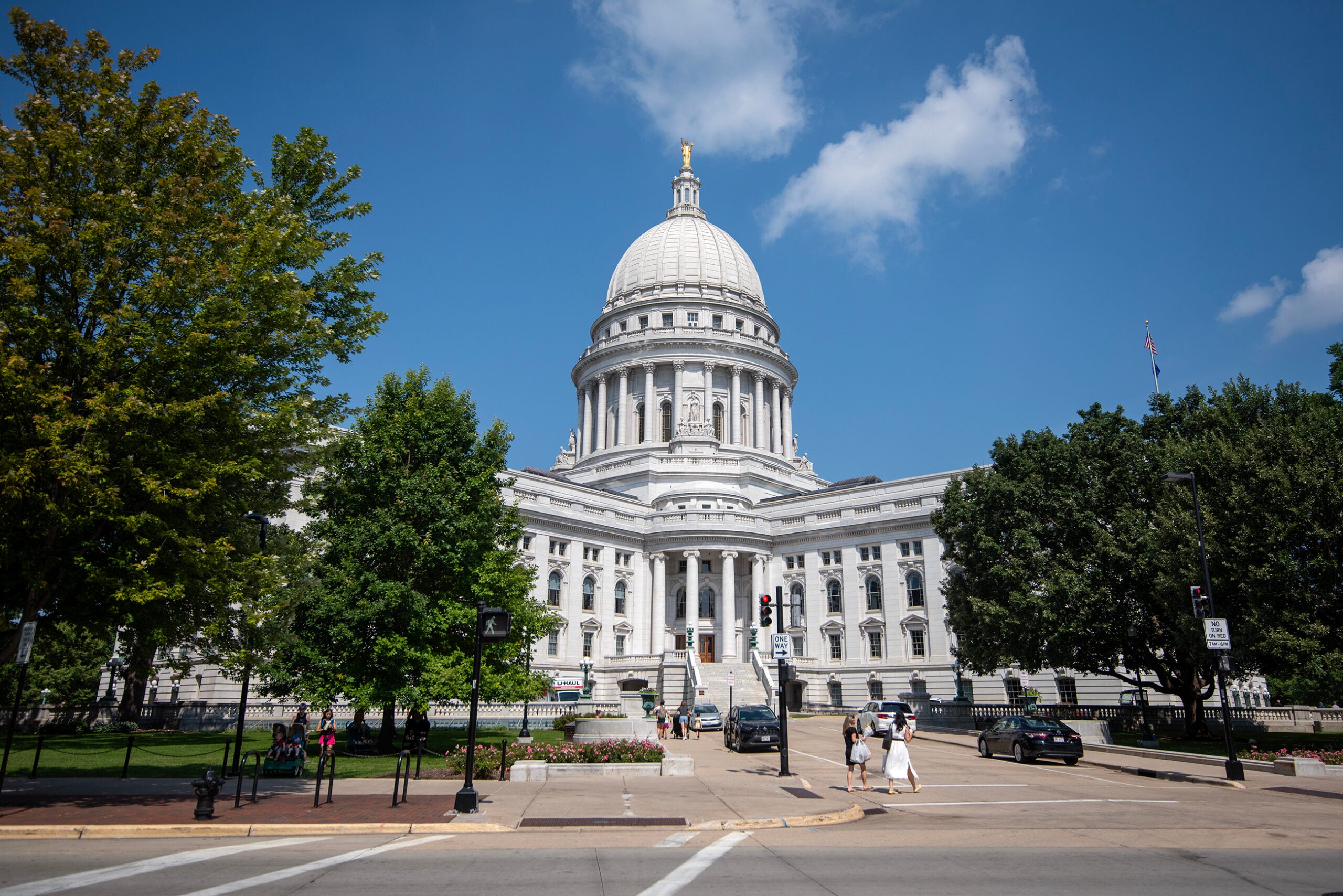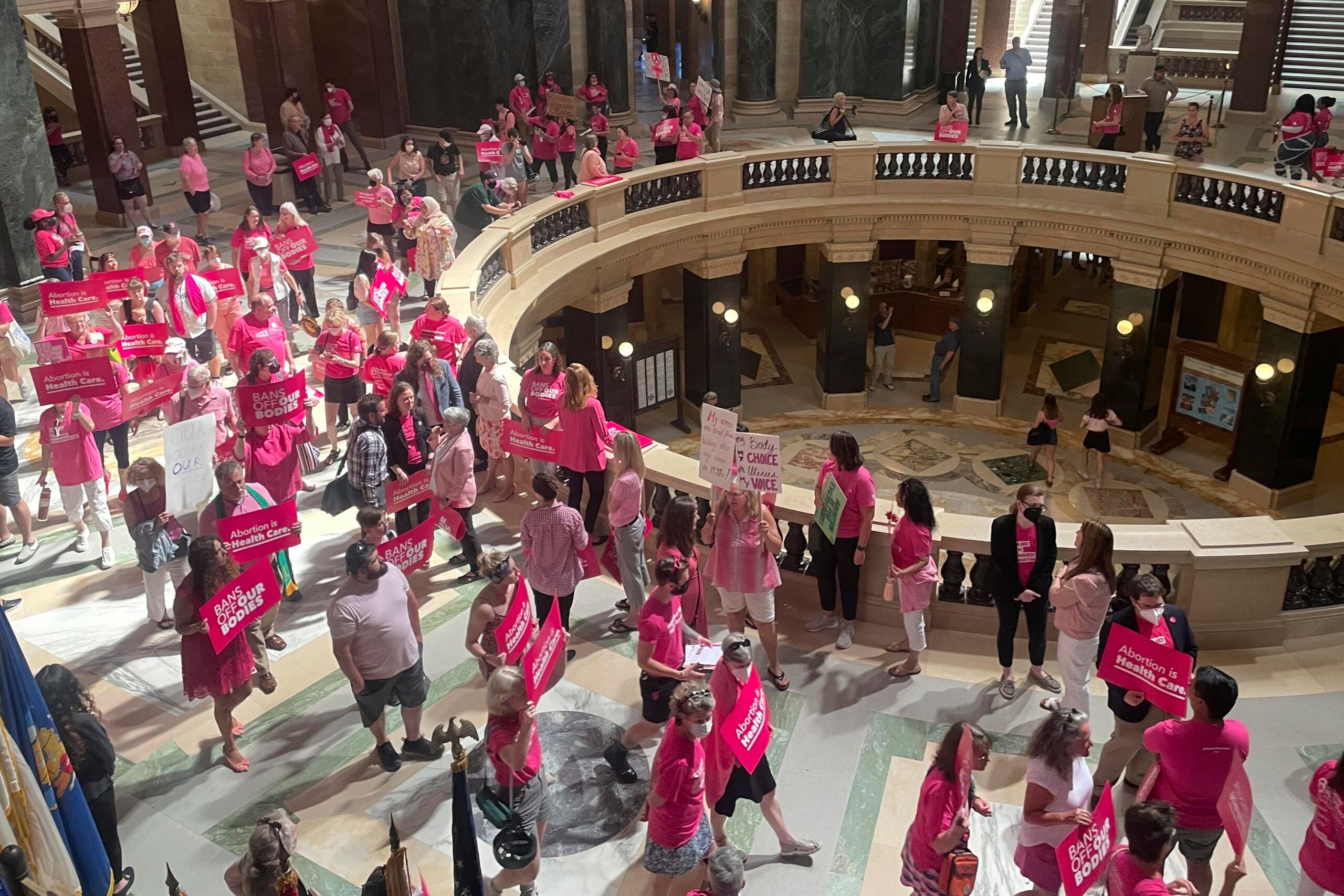While a ban on noncompete clauses hangs in the balance of federal courts, a Wisconsin legal scholar says the state can protect workers by tightening its own law around the clauses.
The Federal Trade Commission in April argued that noncompete clauses stifle innovation and suppress worker wages. During the public comment period, the agency received over 26,000 comments, with more than 25,000 of them in support of the proposed ban on the clauses.
But before the ban was set to go into effect, a district court judge in Texas struck it down last month, saying the new rule was unlawful. The FTC has said it is considering an appeal.
News with a little more humanity
WPR’s “Wisconsin Today” newsletter keeps you connected to the state you love without feeling overwhelmed. No paywall. No agenda. No corporate filter.
An estimated 30 million American workers are under a noncompete clause, according to the FTC. That means there are limits on the kinds of jobs they can seek if they leave their current employer.
Alexia Kulwiec, a professor in the University of Wisconsin-Madison School for Workers, told WPR’s “Wisconsin Today” that noncompete clauses were historically intended for senior-level executives with access to trade secrets and clients lists. But now, she said these clauses have “creeped” into employment contracts for all kinds of workers.
“We have seen it in fast food. We’ve seen it in construction. We see it in medical offices. We’ve seen it in engineering,” she said. “It used to be much more common when folks had access to very confidential information, but today … it has really trickled its way into a more vast array of employment opportunities.”
Kulwiec said Wisconsin’s law about noncompete clauses hinges on broad terms like “reasonable” and “unreasonable,” which are defined on a case-by-case basis in court. Kulwiec emphasized that this disadvantages workers, who might not want to risk facing a former employer in court.
“Having it more clear on the books that (employers) can’t even do this would be better than an employee having to figure out how they can protect themselves,” she said.
On “Wisconsin Today,” Kulwiec explained how noncompete clauses affect workers and discussed what could happen to the FTC ban.
The following has been edited for clarity and brevity.
Rob Ferrett: Our neighbors in Minnesota have taken action to ban most of these noncompete clauses. Other states have done that, as well. Do you watch other states to see how these noncompete laws end up playing out?
Alexia Kulwiec: The federal law tends to be a floor when we’re talking about employment law. Then, many states do go above and beyond what the federal law bans. So, we have seen states like Minnesota decide as a matter of state policy, “We don’t want to allow these bans that bar people from competing, from moving on in employment” and so forth.
It’s similar to states having higher minimum wages than the federal (level). States might have better protections for labor organizing … than we have at the federal level. So, certain states have taken steps toward greater protections for workers.
RF: The FTC received thousands of public comments about this rule, most in support of banning noncompetes. There were a number of comments about Epic Systems in Verona, with many Epic employees saying that their noncompete clauses basically meant they had to take a year off work after leaving the company. Do you have thoughts on that?
AK: When you have these overly broad clauses, they’re intended to consolidate power and decrease the competition that an entity like that has. I see it as somewhere on the continuum of continuing to consolidate in the industry for profits in a way that doesn’t necessarily support workers and certainly may not support their choice of careers.
READ MORE: A spokesperson for Epic Systems responded to the FTC ban in another WPR story.
RF: Some states have taken action banning, or mostly banning, noncompete clauses. In Wisconsin, we’re riding on this one law and letting the courts sort it out. Do you think it would be worth it for state lawmakers to revisit this issue?
AK: Yeah, absolutely. The language that Wisconsin has now is the same language that many states had previously for many years. And again, the language was created at a time when it was not being used as broadly as today, in as many kinds of job classifications. So, now that we do see it in these other industries and different job classifications, I absolutely think it would be worth legislators taking a look at defining when these noncompete agreements can be enforced.
RF: Getting back to that FTC ban on noncompete clauses, we’ve now had a district judge strike it down. I assume this will work its way up through the court system. What are you watching for?
AK: I don’t see this as over. I see it having a good deal of litigation. Where the courts are in disagreement is: Did the FTC have the authority to issue a substantive rule as opposed to just a procedural rule.
I think there is still some chance that this ban could be implemented. I also think that there’s some chance it could be heard by the highest court, and they agree with the Texas decision. So, I think we’re going to have an answer through litigation eventually.







